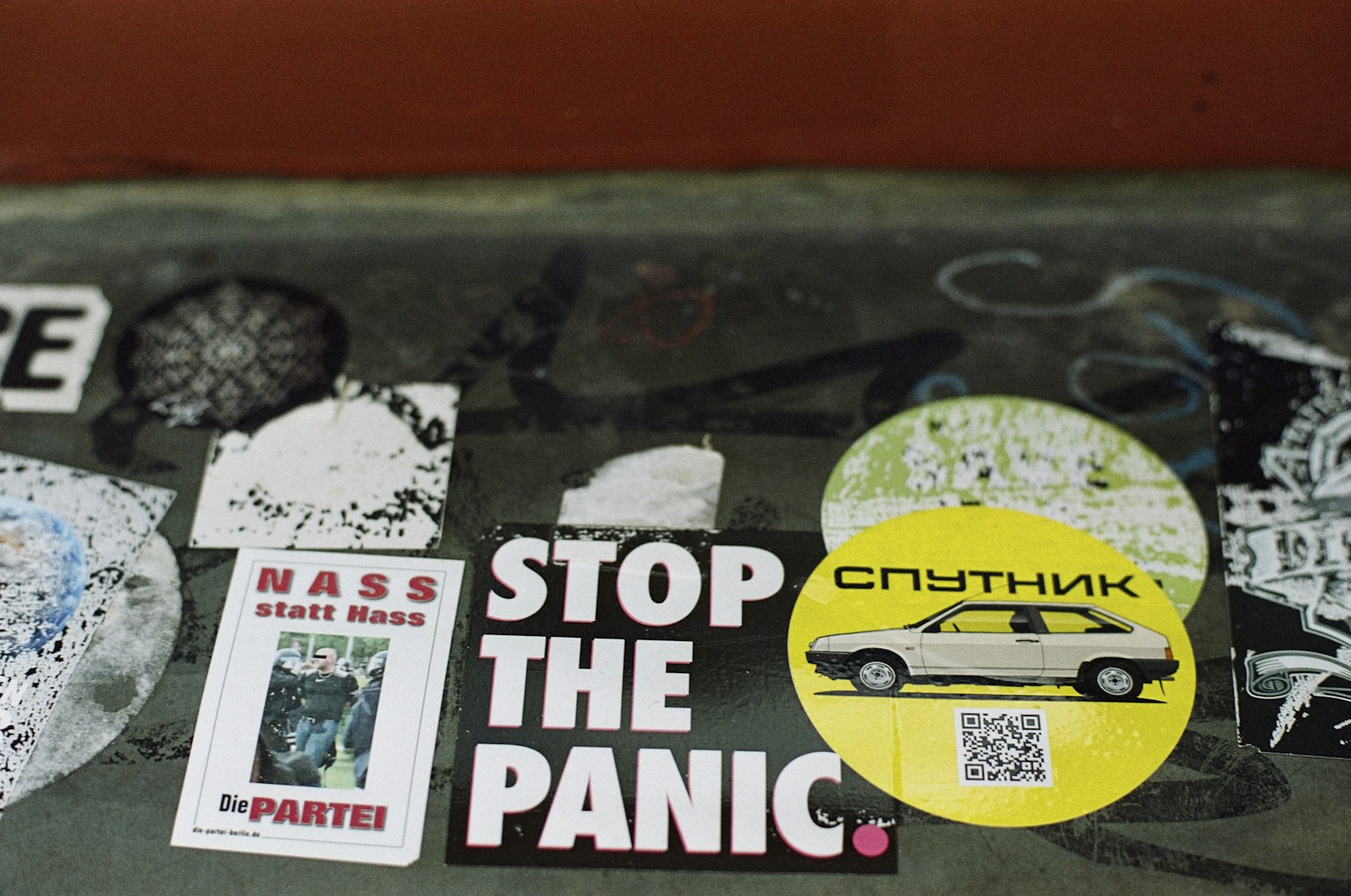
恐慌
kǒnghuāng

panic
In Chinese, '恐慌' is used the same way as 'panic' is in English. It refers to a sudden and overwhelming fear, which can be intense enough to dominate or prevent reason and logical thinking. It may also refer to the anxiety during a crisis or a stressful situation, particularly when the outcome is uncertain. Examples of usage include '突然陷入恐慌' meaning 'suddenly fall into panic' or '经济恐慌' meaning 'economic panic'.
Example sentences using: 恐慌
他因为恐慌而无法思考。
Tā yīnwèi kǒnghuāng ér wúfǎ sīkǎo.

He couldn't think because of the panic.
This phrase describes a situation where someone is unable to think clearly because of fear or panic, using the word '恐慌' to represent the emotional state of panic.
市场因为恐慌而崩溃。
Shìchǎng yīnwèi kǒnghuāng ér bēngkuì.

The market collapsed because of the panic.
This phrase is often used in economic context when a crisis or negative news triggers a state of widespread panic, leading to a market collapse.
恐慌使他们作出冲动的决定。
Kǒnghuāng shǐ tāmen zuòchū chōngdòng de juédìng.

Panic led them to make impulsive decisions.
This sentence demonstrates how panic can lead people to make rash decisions without careful thought.
恐慌的气氛令人窒息。
Kǒnghuāng de qìfēn lìng rén zhìxī.

The atmosphere of panic is suffocating.
This phrase is used to describe a situation where the fear or panic is so intense that it feels suffocating.
他试图掩饰他的恐慌。
Tā shìtú yǎnshì tā de kǒnghuāng.

He tried to hide his panic.
This phrase describes a person who attempts to conceal their feelings of panic.
我被他的恐慌吓到了。
Wǒ bèi tā de kǒnghuāng xià dào le.

I was scared by his panic.
This sentence illustrates how one person's panic can have an alarming influence on others.
恐慌是人类生存的一部分。
Kǒnghuāng shì rénlèi shēngcún de yībùfèn.

Panic is a part of human survival.
This phrase suggests that experiencing panic is a component of the human condition, generally in response to threat or danger.
恐慌会让人变得无助。
Kǒnghuāng huì ràng rén biàn de wúzhù.

Panic can make people feel helpless.
This statement illustrates the debilitating effect of panic where individuals might feel powerless or unable to cope.
恐慌可能会导致失眠。
Kǒnghuāng kěnéng huì dǎozhì shīmián.

Panic can lead to insomnia.
This phrase suggests that feelings of panic or anxiety can result in sleeplessness or insomnia.
别让恐慌控制你的生活。
Bié ràng kǒnghuāng kòngzhì nǐ de shēnghuó.

Don't let panic control your life.
This statement gives advice not to allow feelings of panic to dominate one's life, demonstrating the negative impact of letting fear take over.